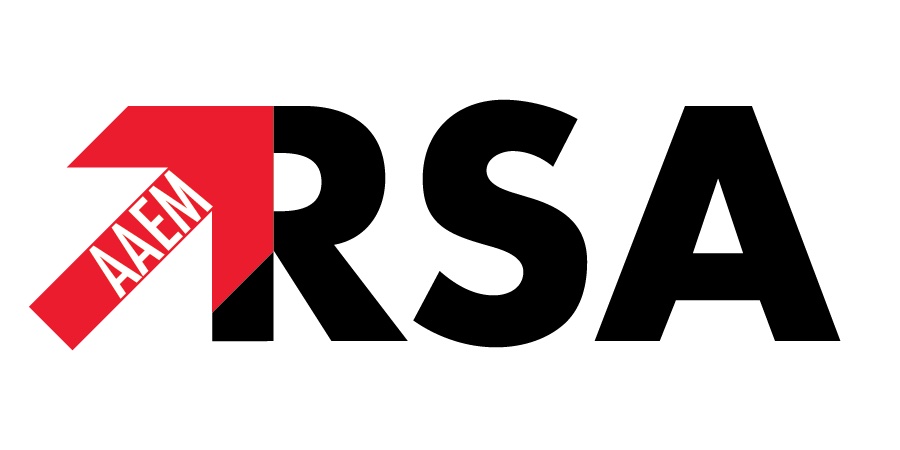 |
| Image Credit: Pixabay |
Author: Ashley Grigsby, DO PGY-3
Indiana University
Emergency Medicine/Pediatrics Residency
 |
| This post was peer reviewed. Click to learn more. |
Acute gastroenteritis is a common diagnosis for pediatric patients in emergency departments across the country. Although the cause is usually viral, successful treatment consists of adequate fluid hydration and supportive care through the course of the child’s illness.[1] The ability to keep a child hydrated through the illness is a major contributor to the successful outpatient management of these patients. There are oral rehydration solutions (ORS) available that have been recommended due to their ideal electrolyte concentrations, however, some children refuse to drink them because of the taste.[1] High sugar drinks, such as sports drinks, have also been thought to induce osmotic diarrhea and therefore have not been previously recommended for gastroenteritis.[1] Throughout my short career, I’ve had many parents tell me they give watered-down juice because “that’s what Grandma told me to do.” A recent study published in JAMA attempted to determine if half-dilute apple juice would be an acceptable oral rehydration option, and perhaps prove that grandmas sometimes do know best.
In April 2016, Freedman et al. published in JAMA a single-center, randomized, and blinded trial undertaken at a pediatric emergency department. Over 600 patients, age 6 months to 60 months, with uncomplicated acute gastroenteritis and mild dehydration, were randomized into two groups. Group one received half strength apple juice (1:1 apple juice to water) followed by their preferred fluids; group two exclusively received apple-flavored sucralose pediatric electrolyte maintenance solution.[1]
This was a non-inferiority that study aimed to demonstrate that dilute apple juice was non-inferior to commercial ORS for oral rehydration. Treatment failure was defined as meeting any of the following within 7 days of initial visit: IV rehydration, hospitalization, subsequent unscheduled physician visit, more than 3% weight loss, protracted symptoms, or signs of worsening dehydration on future visits.[2] Treatment failure was 16.7% in the dilute apple juice group and 25% in the ORS group. The study authors concluded that dilute apple juice followed by oral fluids of the patient’s choice was non-inferior to commercial ORS.[1]
This study gives value to using dilute apple juice for oral rehydration but, more importantly, it also gives providers reassurance in allowing a child to drink their preferred fluids. If a child likes apple juice then they are more likely to drink it while sick. If they like a certain sports drink then they’re more likely to drink that while sick as well. Since group one in this study had dilute apple juice first but then went home with their preferred fluid choice, it is reasonable to conclude that recommending a child’s preferred fluid will lead to less treatment failures. This information can be pivotal for anticipatory guidance given in the emergency department upon discharge of pediatric patients with acute gastroenteritis. Although not part of the study, grandmas everywhere are saying, “I told you so.”
Resources:
- Freedman SB, Willan AR, Boutis K, Schuh S. Effect of dilute apple juice and preferred fluids vs Electrolyte maintenance solution on treatment failure among children with mild Gastroenteritis. JAMA. 2016;315(18):1966. doi:10.1001/jama.2016.5352.
- Matson DO. Acute viral gastroenteritis in children in resource-rich countries: clinical features and diagnosis. Up to Date. 2016. Accessed on 30 August 2016. Available from: http://www.uptodate.com/contents/acute-viral-gastroenteritis-in-children-in-resource-rich-countries-clinical-features-and-diagnosis?source=search_result&search=acute+gastroenteritis&selectedTitle=2~150
